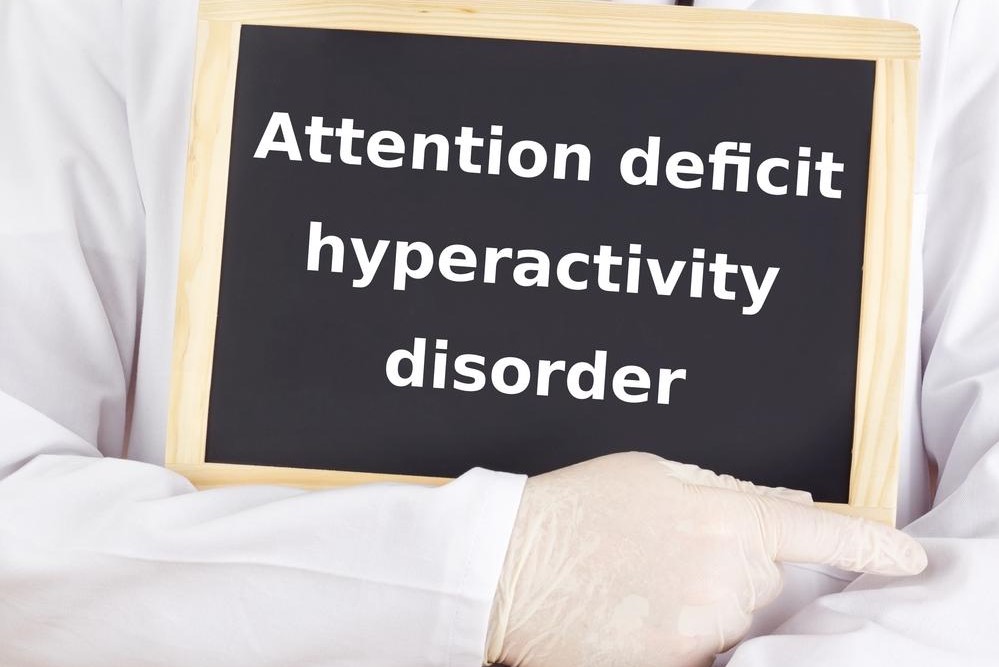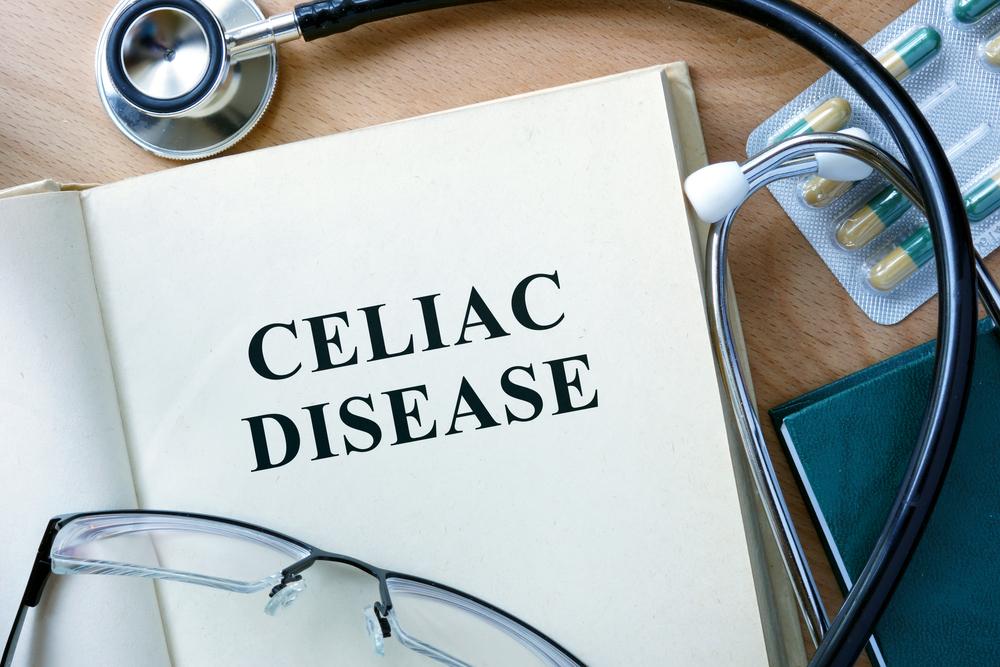Understanding ADHD: Causes, Symptoms, and Management Strategies
This article provides an insightful overview of ADHD, exploring its causes, types, symptoms, and treatment options. It emphasizes the importance of understanding this common childhood neurodevelopmental disorder and highlights the role of genetics, brain development, and lifestyle factors. Readers will learn about different ADHD types and recognize key behaviors associated with the condition, as well as current approaches to management.

Attention Deficit Hyperactivity Disorder (ADHD), previously known as ADD, affects essential cognitive functions like planning, assessing, and executing tasks. It commonly manifests in childhood and is recognized as a neurodevelopmental condition that persists over time. Children with ADHD often display inattentiveness, hyperactive behavior, and impulsive actions. The disorder tends to run in families, indicating a genetic link, and stems from variations in brain structure and connectivity. Treatment options include medicinal approaches and behavioral therapies to mitigate symptoms and improve daily functioning.
ADHD is categorized into three main types:
Hyperactive-Impulsive Type: Individuals often fidget, talk excessively, and struggle to stay still. Children may frequently run, jump, or climb impulsively, risking injuries, and find it difficult to listen or follow instructions.
Inattentive Type: Characterized by difficulty in completing tasks, organizing activities, and following conversations or instructions, leading to inattention.
Combined Type: Features a mix of inattentiveness and hyperactivity-impulsivity symptoms.
Common signs of ADHD in children include:
Inattention and distractibility
Difficulty waiting their turn or staying in line
Overactivity and restlessness
Constant chattering
Interrupting others frequently
Inability to focus on tasks for long periods
The exact causes of ADHD remain under investigation. Current research suggests causes may involve multiple factors, including:
Brain injuries, which may lead to behavior similar to ADHD—though traumatic brain injuries are less common in affected children
Genetics, as ADHD tends to run in families
Sugar intake, with refined sugar potentially exacerbating symptoms over time
Disclaimer: Our blog offers broad informational content based on research but should not replace professional advice. We do not guarantee the accuracy of all data and recognize that additional schemes or treatments may be more suitable for individuals.










